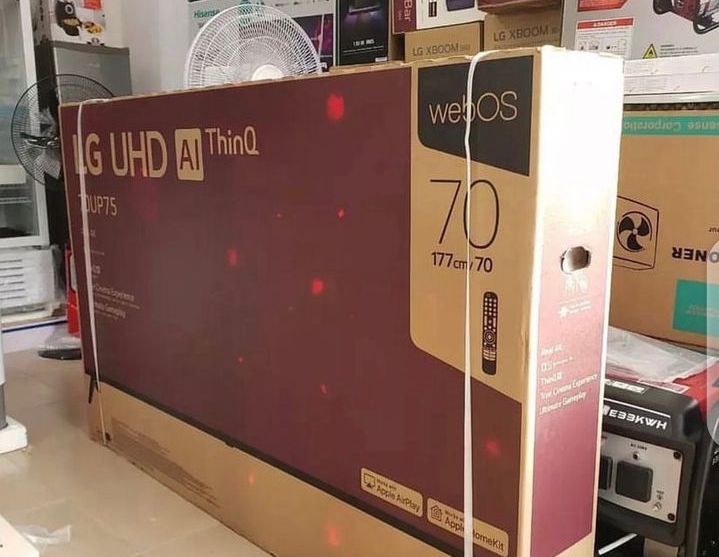4 Ways Technology Can Improve Your Mental Agility

Supposedly, technology is rotting all our brains. We’re all smartphone and social media-addicted robots who can’t remember a thing unless we Google it first. There are numerous studies to show that the influence of technology on our lives has re-wired our brains for the worse. However, our daily interaction with technology also brings hidden benefits for our mental agility. So what exactly has technology done for our minds lately?
Online gambling increases strategy
Whether you agree with it or not, gambling is a serious skill. It may not be for everyone, but walking out of a casino with more money than you came in with after a long stint at the poker table is harder than it looks. The same thing applies to online gambling, and it’s brilliant for improving your strategic thinking.
Whether you’re sitting down for a quick session or playing a quick game on your phone while you’re commuting, online poker forces you to multi-task and think strategically against other real players. There’s the skill of knowing when to go all-in and when not to, and then there’s the skill of reading a player without being in the same room as them through monitoring patterns and managing the likelihood of certain outcomes. It’s a test of management skills for your brain.
The way these games pit you against other players also makes your brain stronger. Competition can often bring the best out of us, and having to outthink someone who might be more skilled and experienced than you at a very strategic game will make your brain sharper.
Ever had to ask someone what a certain hand means in poker? On the surface, these are not simple games to learn, and doing so alone is an exercise in developing brain skills itself. Online Casinos have great guides to dealer-involved games like blackjack, which will help give you the necessary skills to jump in and challenge your mental agility without getting frustrated and losing money.
Video games improve visual skills
Kids who play video games all day, every day have the right idea. Not just because competitive gaming is such a lucrative industry, but because video games are actually a great training method for improving how your visual and reaction skills.
First-person shooter games like Call of Duty may appear like an overload of the senses, but they actually help to develop both your decision making and how you react to visuals. In these games, you’re forced to make snap decisions based on specific visual cues, such as the color of an enemy. This trains how your brain reacts and can make you more mentally flexible.
You’ll also see that many video game players have excellent multi-tasking skills. This is indicative of the same subliminal training. While you’re balancing many visual cues, strategy games also force you to keep track of a number of factors such as health bars, populations, and mission timers.
The internet makes you more creative
It might seem like everyone on social media is the same. Especially with how certain phrases and memes spread like wildfire and result in everyone essentially making the same joke over and over again on Twitter. In fact, it can be argued that the internet has made us all much more creative, giving us all something that’s called “cognitive surplus.” This enhances how we interact online and how much time we devote to being more creative and developing skills.
The culture of sharing on the internet means we’re constantly seeing other people’s creations and accomplishments. This triggers something within our brains that makes us want to get more creative.
Social media, in particular, requires creativity from its participants. Unlike television, films and music which are passive forms of media we simply absorb, social media constantly bombards us with messages to respond to and chances to add our comment, which does force our brains to invent something new. Constantly working on these kinds of little creations will help improve how your creativity and sharpness with words.
Daily apps train your brain
Brain training apps are a lucrative business, with everyone looking for a way to improve their attention span, memory or reactions without having to put down their phone. They’re so popular because the routine of doing them every day is appealing and simple. While it’s not the best idea to stare at your phone straight after you wake up, it can benefit your mental agility if you’re using the right apps.
Some popular apps like Lumosity give you daily “workouts” to keep your brain fit, mostly in the form of puzzles and problem-solving games. This can improve your critical thinking and help develop mental agility built towards critical thinking.
Technology and its impact on our brains is a debate in its infancy really. With constant access to the internet and home assistants to do everything for us, we’ll never be the same as a species again. However, there are definitely some benefits to how technology can improve your problem solving and creative skills to name a few.














